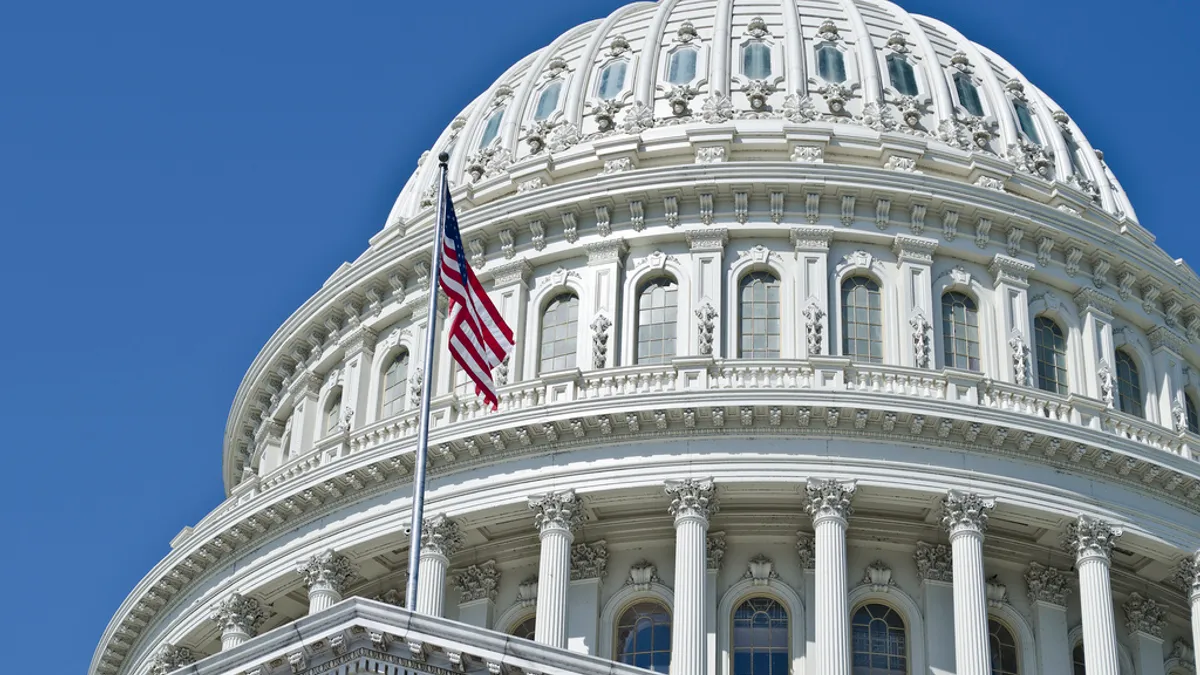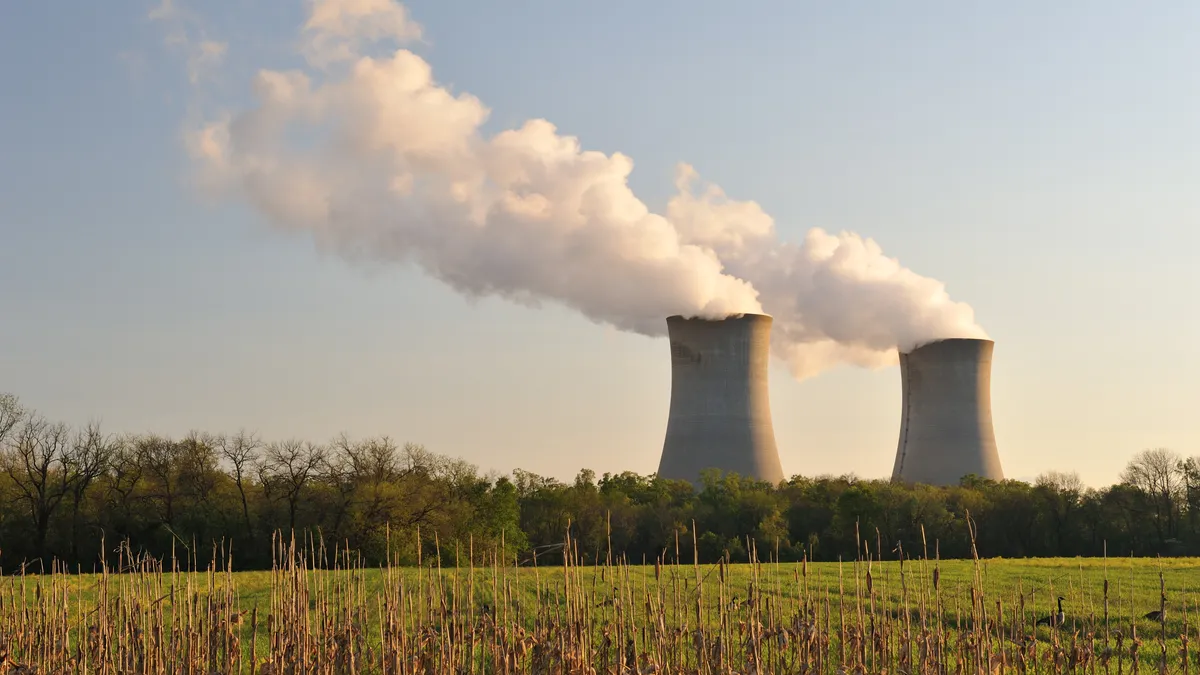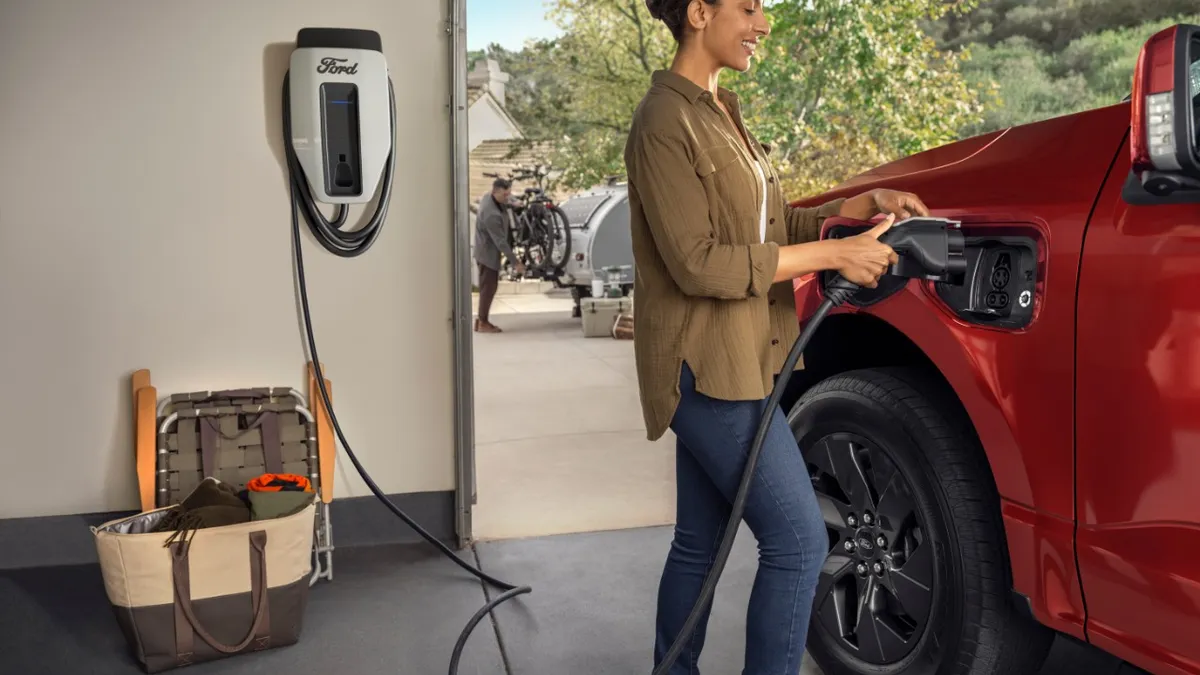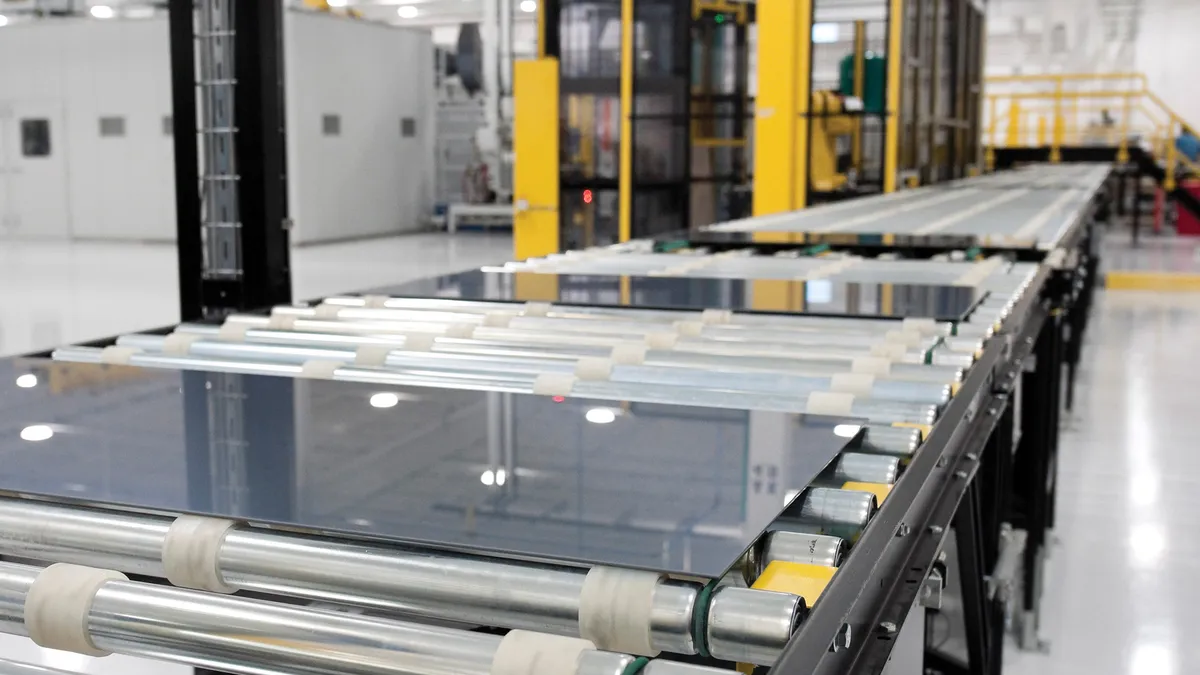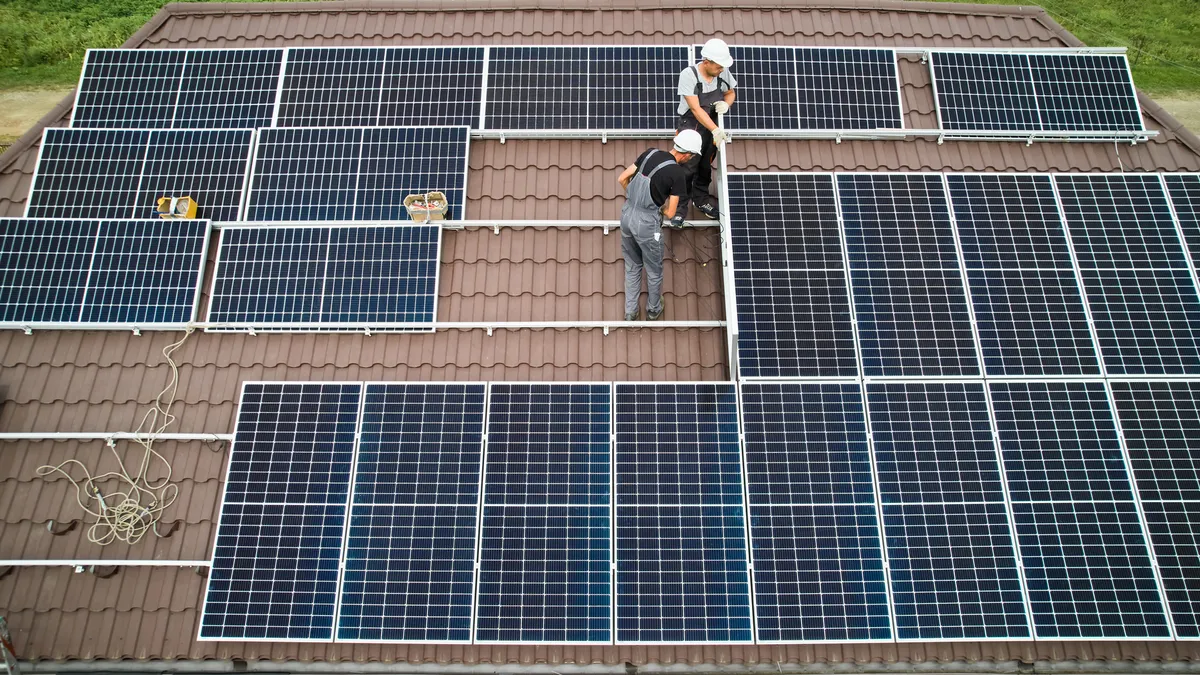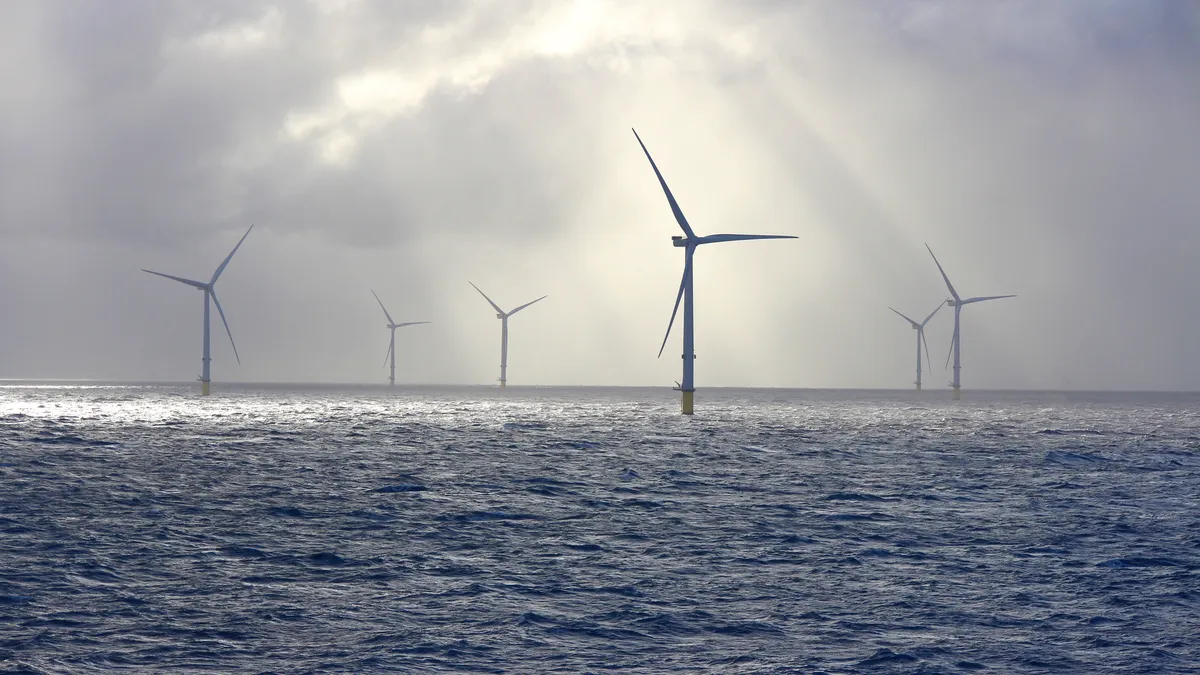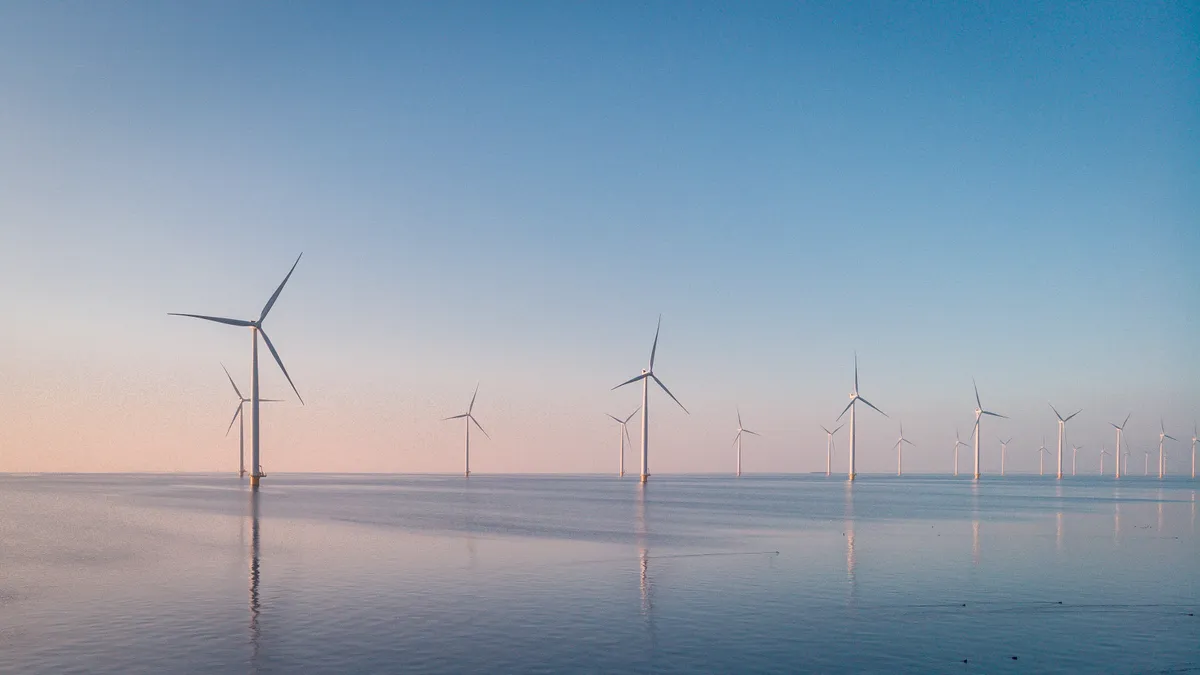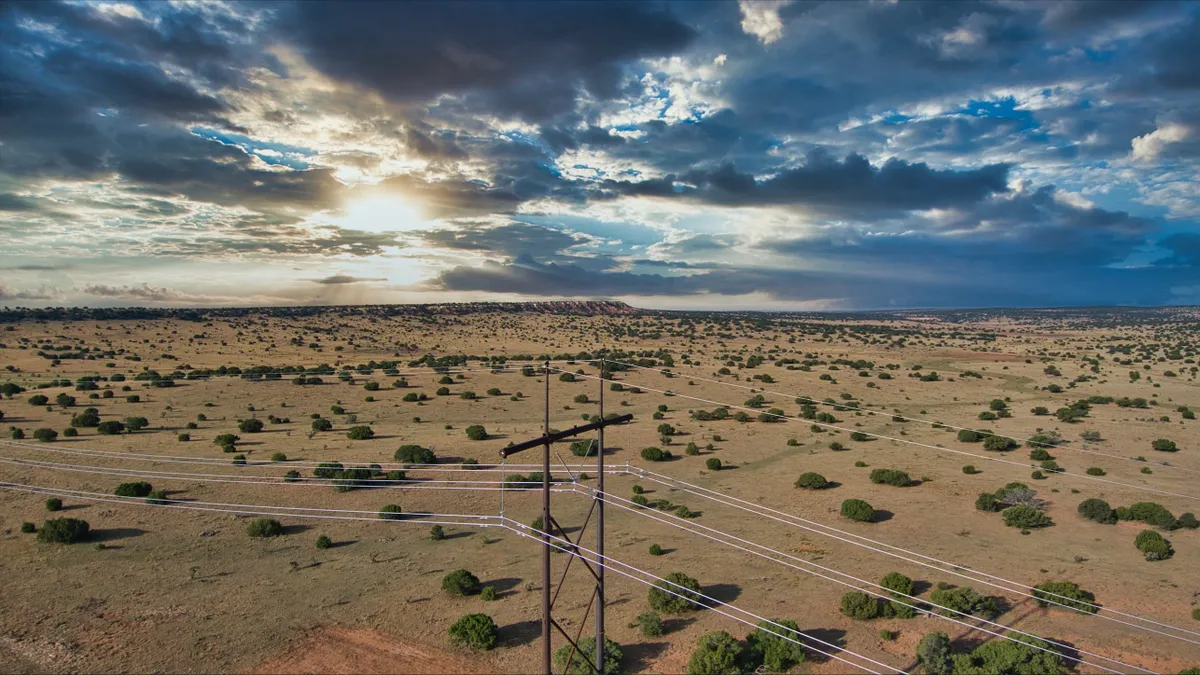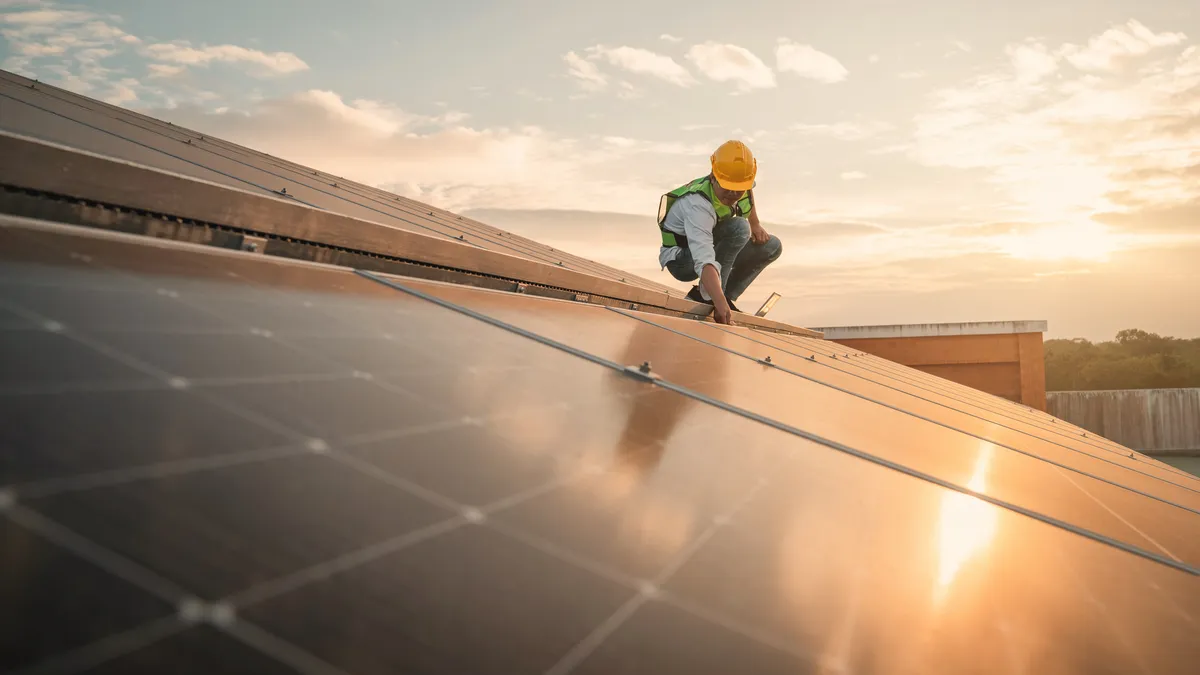Energy storage is becoming such a mainstream topic of conversation in the power sector that even Congress is taking notice.
On Tuesday, a bipartisan duo of legislators announced they have teamed up with the Energy Storage Association (ESA) to launch the Congressional Battery Energy Storage Caucus, a new coalition of lawmakers committed to educating their colleagues about energy storage and support legislation to help grow the industry.
“Battery storage technology paired with renewables such as wind and solar has the power to transform the energy landscape,” Rep. Mark Takano (D-CA), who represents the city of Riverside, said at the official announcement.
Why the caucus was formed
Takano and Rep. Chris Collins (R-NY) hatched the idea for the new caucus during the two years they shared serving on the House Science Committee, Collins said at the launch. During his time on the committee, the representative from western New York said he became convinced that storage should be part of the nation’s “all of the above” energy portfolio.
In particular, the representatives touched on storage’s ability to help utilities and grid operators integrate more renewable resources.
“This is a critical piece,” Collins said. “If you can’t take the off-grid power, whether it’s wind or solar, and store it, we aren’t going to achieve our true potential.”
Takano built on that sentiment, saying that battery storage “can replace the costly gas-powered peaker plants that are used to smooth the grid.”
“Battery storage can help us eliminate the reliability gaps that occur when the wind is not blowing or the sun is not shining,” he said. “And with competitive pricing, grid-scale storage can one day compete with fossil fuels.”
Takano highlighted the efforts of California utilities, which are under a mandate to purchase 1.3 GW of storage by the end of the decade. Last year, Southern California Edison made headlines when it purchased 264 MW of storage in a single procurement, even when it compared the storage technologies to mroe traditional generation resources.
What the caucus is planning
In a crowded room in the Cannon House Office Building, the two lawmakers said the first duties of the caucus will be mostly educational, and directed at their congressional colleagues.
“I think what this caucus is going to do is promote some good science [and] encourage the continued investment in research,” Collins said.
“Launching this caucus is an important step in creating a policy environment that values battery energy storage,” Takano said. “But it’s just a first step.”
The California representative said the caucus has no plans for any legislation yet, but will instead focus its first months on getting new members and educating colleagues and staffers on storage issues.
“Give us a little time to put our heads together with the industry and with each other,” he said when asked by Utility Dive about possible legislation.
In the long run, Takano said the caucus will be judged by its “ability to educate members and educate staff about the potential of battery energy storage and the progress we make to support this important industry.”
Already, the caucus has three new members — Reps. Mike Honda (D-CA), Scott Peters (D-OH) and Dana Rohrabacher (R-CA).
“There’s a wide spectrum of ideologies on the committee and different ways of thinking about storage,” Takano said.
Looking ahead: Building the caucus
While alternative energy policy has typically been the domain of Democrats, the increasing economic power of the renewable energy industry appears to be piquing the interest of many Republicans. Collins himself touted SolarCity’s recent commitment to build a giant solar panel factory in his district.
“We’re now home to the largest solar panel manufacturer [in the nation],” he said, “and if you’re going to produce power with solar panels or wind, you want to be able to store that energy, because you don’t have that reliability if you’re not storing it in that fashion.”
When asked by a storage industry audience member how they can help get more members for the caucus, Takano echoed Collins’s sentiment. To begin, he said, companies and storage advocates should write to representatives with significant renewable energy manufacturing or generating facilities in their districts, and attempt to draw the connection between storage and clean energy.
At the unveiling, Takano and Collins were flanked by representatives from the Energy Storage Association, and battery companies Johnson Controls and AES, also an independent power producer. The vendors welcomed the launch of the caucus, saying they hope it helps advance the policy environment surrounding storage.
While the caucus is still small, Takano predicted that it won’t remain that way for long.
“As soon as other members find out what were up to they’ll be jealous they weren’t in on it sooner.”


